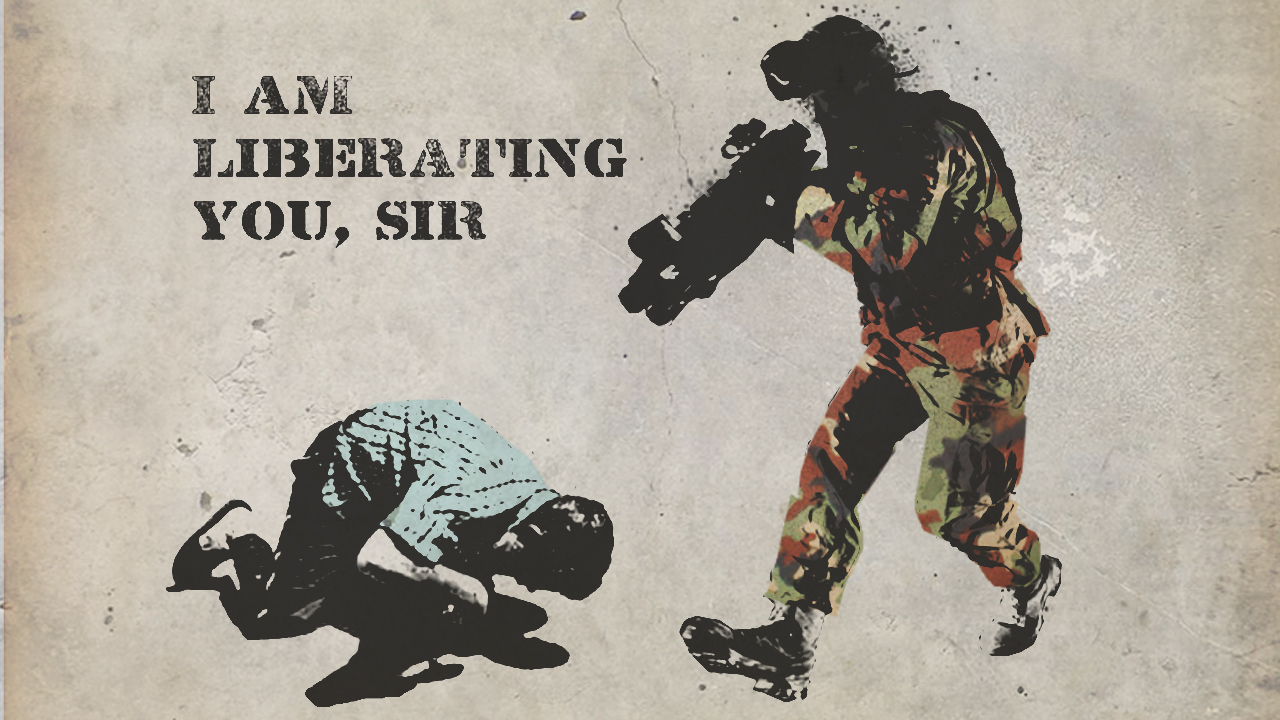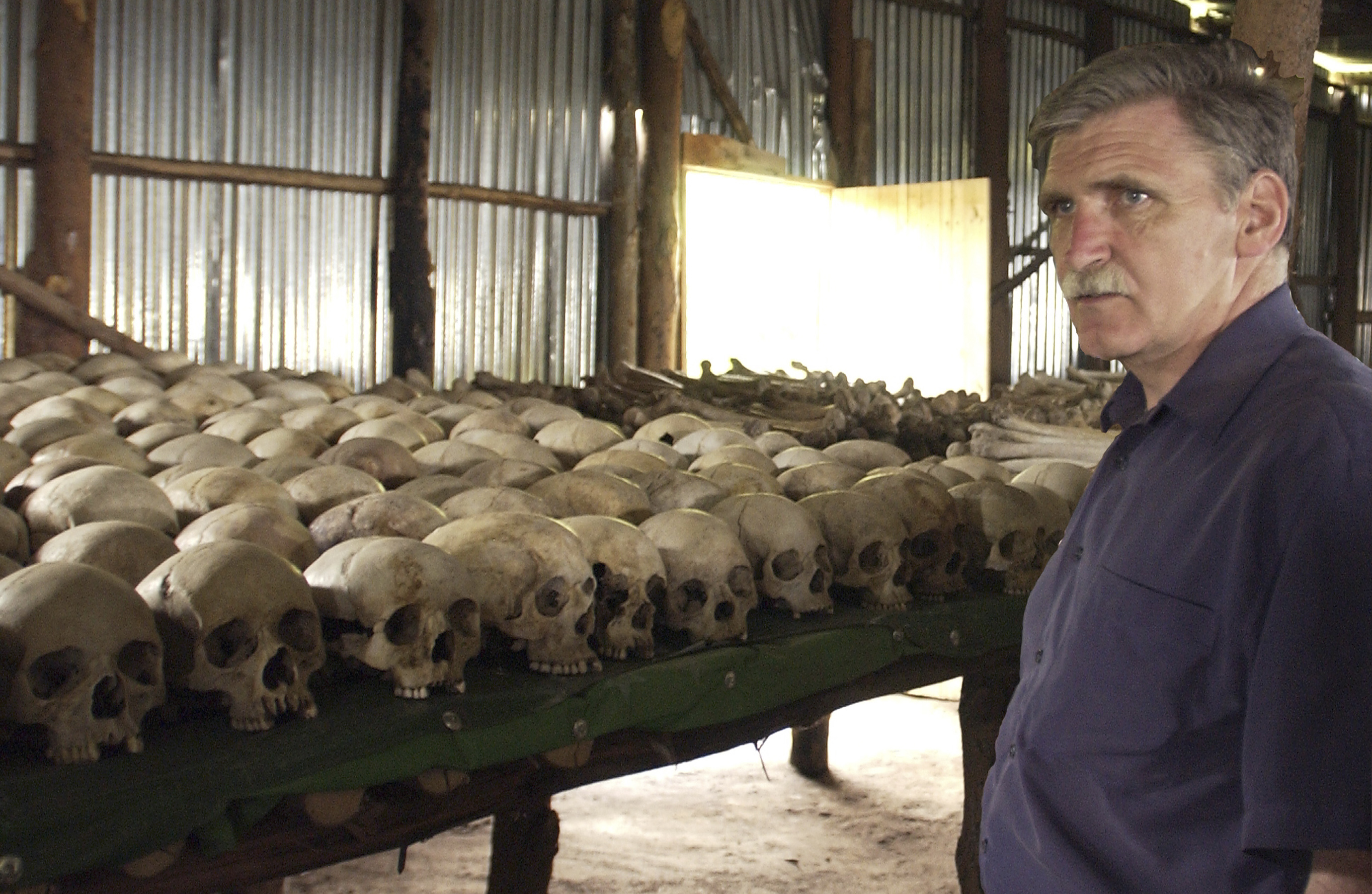Good News For a Change – David Suzuki, Holly Dressel
Good News for a Change – How Everyday People are Helping the Planet is a book just about that, about people around the world making a difference and moving towards living more suistanably. It gives really solid examples of ways people and attitudes are changing, and the actions they are taking. The book builds on previous examples as it goes through different themes and ways we need to start changing. It touches on such topics as The Natural Step, genetically modified food, deforestation, big dams, and alternative energy. I really enjoyed this book, it was easy to read and very informative, and gives a small ray of hope in all the gloom you hear. However I did find most of his examples came from only a few places, such as Germany, India and Portland. It makes it seem like only a very few are starting to make change, and also seems like he could have possibly been leaving out a lot of other great examples. Despite that I think his use of examples were all very good and applicable.
Here are a few of the better quotes I came across:
“In order for a society to be sustainable, nature’s functions and diversity are not systematically 1: subject to increasing concentrations of substances extracted from the earth’s crust; 2: subject to increasing concentrations of substances produced by society; 3:impoverished by physical displacement, over-harvesting or other forms of ecosystem manipulation. 4: In a sustainable society, resources are used fairlyand efficiently in order to meet basic human needs globally.” The Natural Step
“This obsession for maximizing profits to shareholders has got to be seen as abusiv, as dangerous, and as one of the most appalling situations on this planet. Because it makes for criminal behavior.” Anita Roddick, Founder of The Body Shop
“Today biologists have realized that confining wildlife within parks isn’t always the best way to preserve it. A landmark study published by biologist William Newmark in 1985 proved that the rate of local extinctions in parks is inversely related to the parks’ size, which means that “even regions as large as the Greater Yellowstone Ecosystem cannot provide sufficient demographic resilience and genetic-evolutionary fitness for key animals such as wolverines and grizzly bears.”
“So, if we lived in a world where all the humans ate one kind of plant, wore one kind of clothing and thought one kind of way, it’s obvious they would be less likely to survive any new assault than in a world in which the humans had many options of plants and animals to eat, many kinds of fibers to wear, and many kinds of philosophies through which they understood reality.”
“More than a million of the state’s (California) 3.4 million irrigated hectares (7.5 million acres) will go permanently out of production unless they are drained by buried piping. But even in affluent California, farmers are reluctant to make such an investment. It’s only a short-term solution anyway; the salt- and pesticide-laden water that’s drained off just creates problems downstream.”
“An integral part of neo-lberal economic theory and globalization, discussed in chapter two, is the idea that public agencies should be economically self-sustaining; services like health care, education or food- and water-testing are considered too expensive when run as non-profit pulbic services by state or municipal governments. Private, profit-making companies, who are credited with being leaner and more efficient, are assumed under this set of values to do a better job at delivering almost any service… Around 1997 the government (Ontario) began to contract out the work of making sure Walkerton’s water was safe to a for-profit private company in a far-away Arkansas.”
“The world today produces more food per inhabitant than ever before… 4.3 pounds for every person, every day… The real causes of hunger are poverty, inequality and lack of access.”
“The farm has to be viable economically or Salatin couldn’t keep it going.””I’m an unabashed capitalist,” he says, “But capitalism without ethics is just greed.” He sees the animals on his farm not as economic units to be exploited, but as partners helping keep the land and his family healthy.”
“If we want clean food in our future, Salatin says, we have to open our minds to a different way of valuing life and the way natural systems evolved in the first place.”
“The strange modern idea that forests are just trees and that a monocultured stand of Eucalyptus genetically engineered to express pesticides is the same thing as an ancient community of beech, brambles, vines, ferns, fungi, flowers, animals, birds and all the other living things and products a complete forest would provide, is certainly one of the most striking symptoms of how disconnected our modern culture has become from the reality of nature.”
“Even when clearcuts have successful growth in replanted seedlings, they are ecological disasters in the making. Plantation trees are not only the same species, they’re the same age (and these days, because of the very latest cloning methods, they have the same genes as well). Wilkinson tells the story of the massive European blow-down of trees in a 1986 hurricane, in which England lost 14 million trees, Holland two million and Germany six million.”
“People shouldn’t be allowed to clearcut and slash and burn forest, dynamite fish, shoot deer with canons, steal birds’ eggs and kill pregnant game animals, just because one person or group can cash in on the resource faster that way.”
“It’s becoming pretty clear that if we want to keep any of the things we need – pure food, timber, clean water, fish – we have to make changes in the way we value them, and in who manages them. We need to feel ownership responsibilities – as well as rights – over the necessities of life.”
“It’s time, in short to stop isolating things from each other and start relating them to each other. We have to realize that what we do on land affects the seas; and what happens to the seas, happens to us.”
“Every gallon of gasoline, when burned, creates more than 9 kilograms of CO2, an amount that would take a large tree about a year to absorb. It becomes mind-numbing to compute the amount of gas we burn in our cars, and the number of trees it would take to absorb that waste. But instead of saving our trees for this purpose, we are cutting them down to make into cardboard, commercial flyers and disposable packaging that we put into carbon-exhaling landfills and incinerators every day.”
“Local, democratic power is the most fundamental and necessary requirement of sustainability; the two, as we have seen, almost always go together.”
“The former director of the McGill School, Peter Brown, says he tries to make it clear to his students that the first step people have to take in understanding the world around them is to get outside the unconscious assumptions of their own culture.”




Leave a Reply